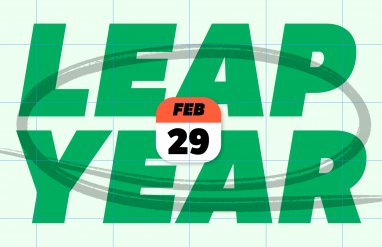Was the creator of James Bond (and the author of Chitty Chitty Bang Bang) responsible, in some small way, for the popularity of the Teenage Mutant Ninja Turtles? This is likely not a question that has ever crossed your mind, and the answer, as with so many ridiculous questions, is yes (and no).
Last year the UK publication the Daily Mail reported that “ninjas were introduced into English by Ian Fleming in the 1964 James Bond novel You Only Live Twice.” Most dictionaries that provide dates for the first known use of a word (such as the Oxford English Dictionary and Merriam-Webster) also give 1964 as the earliest year that ninja appears in English. However, there is evidence of the word having been used in English prior to this.
In 1962 The Times of India published an article written by Clifford Harrington titled “The Fabulous Ninjas,” which described the traditions and history of the legendary assassins. The following year saw an article in the journal Japan Quarterly, titled “The Invisible Men,” which also used the word numerous times: “The Christmas season inspired a whimsical editor to entitle an article I had written on ninja: ‘Yes, Virginia. There is an Invisible Man.'”
Why has Fleming received credit for introducing the word into English? As is the case with many other words of questionable attribution, he was the first extremely popular writer to use it. Fleming’s books sold extremely well, and it is likely that the popularity of the 11th Bond novel (and subsequent film) played a large role in bringing the concept of the ninja to a broad range of Western readers. Eric Van Lustbader’s 1980 novel, The Ninja, had a similar effect in popularizing (albeit in a historically imprecise manner) these legendary Japanese figures, so we may say that both of these men had a role in making it possible for the Teenage Mutant Ninja Turtles to become the cultural juggernauts that they are today. But we cannot say that Fleming introduced, much less coined, the word ninja.
—
Ammon Shea is the author of Bad English: A History of Linguistic Aggravation and Reading the OED: One Man, One Year, 21,730 Pages. He lives in New York City with his wife (a former lexicographer), son (a potential future lexicographer), and two non-lexical dogs.














